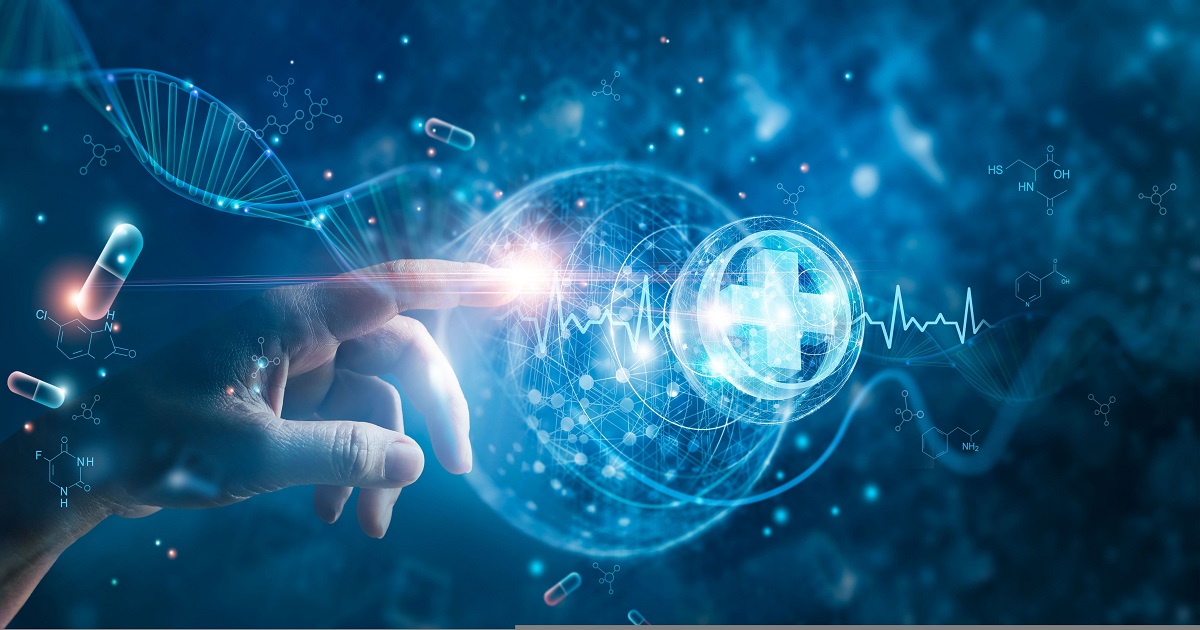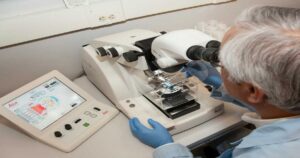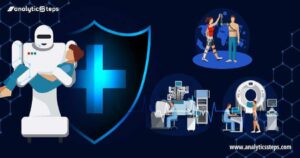1. Alexa, Are You There?
If Siri, Alexa, Google Now, or Cortana are your friends, you do not need any special introduction for today’s topic! This is because these digital assistants have become part and parcel of our lives; from completing our minimal tasks to helping us solve our problems, they make our day-to-day life simpler and more manageable. Popularly called AI, Artificial Intelligence is the simulation of human intelligence processes by machines. Similarly, Machine Learning, also called ML, is the capability of a machine to imitate intelligent human behavior.
2. Digital Assistants-cum-Doctor Assistants
The unpredictable pandemic years, which took thousands of lives, depict the rise of complexities in the healthcare industry. To deal with such cases in the future tactfully, the healthcare segment needs to be proactive and implement advanced technologies to detect, resolve, and prevent untimely death. Modern technologies such as Artificial Intelligence and Machine Learning help the medical fraternity perform tasks usually done by humans quickly and accurately, saving much time that can be utilized elsewhere.
Let’s take a quick tour of how AI and ML can boost the healthcare industry:
- Artificial Intelligence can broadly scan patient databases or consult patients via a chatbot or online support system to understand their symptoms, send data to doctors, and get real-time diagnoses and prescribed medicines.
- Machine Learning, a subset of AI, can replace traditional processes with a supervised one, as in, a patient can be treated based on similar symptoms and treatment of other patients. The process requires a quick scanning of the database, which can be time-consuming if done by human effort.
- Taking technology by storm, patients suffering from neurological disorders can be treated via Brain-Computer Interfaces (BCI) backed by AI. With the help of this technology, normal bodily functions, such as the ability to move, speak or react, can be restored. It can also assist doctors in treating patients with strokes, locked-in syndrome, etc. The healthcare segment is revolutionizing, as sensitive operations such as heart surgery are being performed with robotic precision and control with AI-based algorithms. For this purpose, precision machine learning processes are being used to train robots and improve accuracy.
- AI can also help in digital pathology. Instead of placing separate slides or tissue blocks and observing them manually, pathologists can do it via AI, which can help analyze digital slides using image analysis and machine learning.
3. Toward an AI-friendly Life!
If you never forget to wear a smartwatch, track daily steps, get water intake notifications, eat mindfully, and consistently monitor pulse rates, then you are already AI-friendly! You have successfully incorporated AI into your life and taken the first step toward a healthy life!



